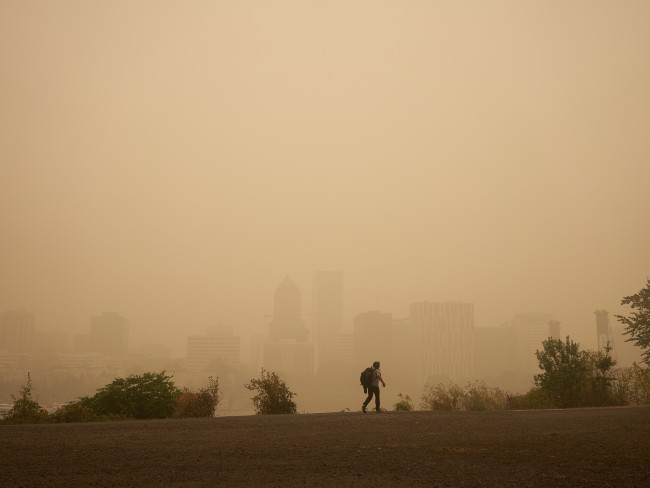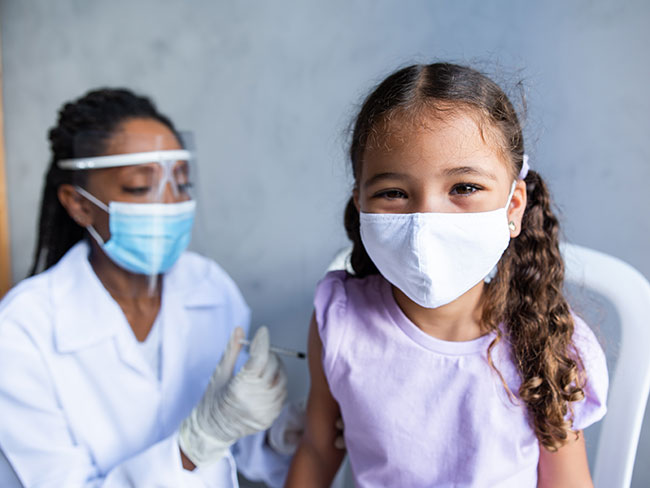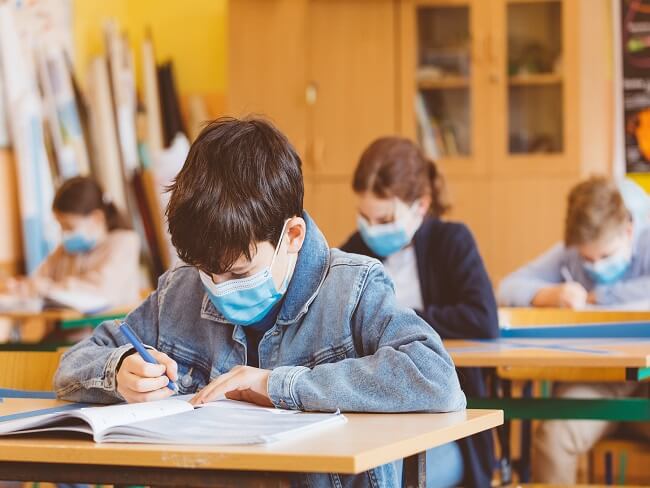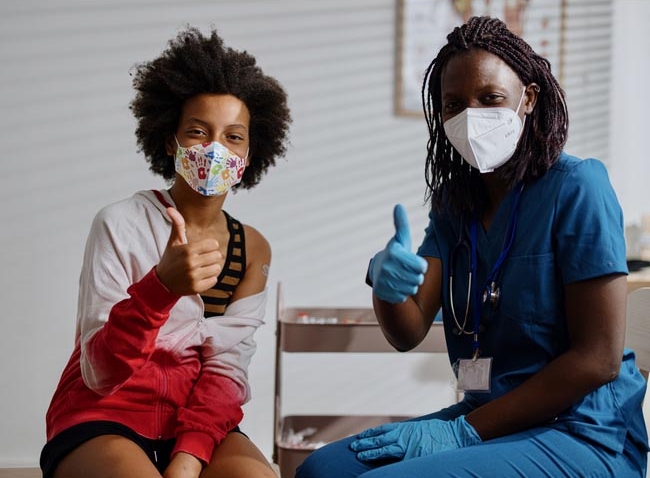March 3, 2022
The pandemic’s toll on our kids’ mental health
Two years into the COVID-19 pandemic, a Kaiser Permanente pediatrician shares essential ways to support mental health for young people.
It's hard to believe that we are 2 years into this pandemic. These years have been painful for many of us, particularly our young people. For some, all they have known are masks, hand sanitizers, and social distancing. During this stage in their lives, they should be exploring, getting messy, and discovering who they are and what they want from life
Our teens have been particularly hard hit with the isolation of the pandemic. This is a time in their lives when they should be gaining independence and developing their identity outside of their family units. Instead, some of them have felt extremely isolated and confined to an environment within their family unit. As things begin to open up, we are seeing a lot of anxiety and depression as they finally are able to explore and develop these new skills.
Experience and challenges
As adults we draw on our experience and coping skills to face new challenges. This is a wealth of knowledge that our young people don't yet have. The reality for them is all too often fear and isolation, especially for those who are marginalized. But there is hope.
如果你看到一个年轻人挣扎,be that person who cares and reaches out. You really can make a difference by being present and listening. Never underestimate the power of your smile, a kind word, and compassion. These tools can be the best medicine and can change the course of a life.
It's also important for parents to model self-care when it comes to mental health. Stress in other members of the family can be transferred to children. Be aware of your own mental health needs and prioritize your own.
Notice changes in behavior
An important way to check in on young people is to benchmark their behavior by looking at things that may have changed for them during the pandemic. Here are a few ways parents can ease children’s pandemic anxieties and support their well-being.
- Provide opportunities to build social connections with family, friends, and groups, such as sports teams, clubs, or church groups.
- Encourage kids to maintain physical and mental wellness with healthy food, exercise, good sleep, and limiting screen time.
- Teach youth the power of a positive mindset. It can be rewarding to focus on things that are within their control so that they can be empowered to act on them.
- Help them develop a sense of purpose by setting goals and taking time to help others and themselves.
At times, despite our best efforts, a young person may need more. If the young person in your life is showing red flags like withdrawing and expressing hopelessness, you can seek support. Your pediatrician is a great resource to help screen kids for issues such as depression and anxiety and can put parents and caregivers in direct contact with mental health and wellness resources.







